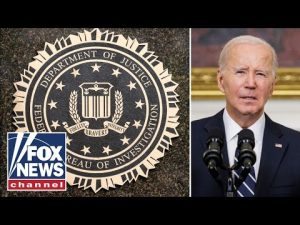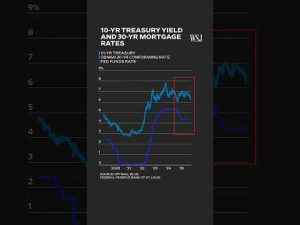Tragedy struck the political world recently when a well-known conservative activist, Charlie Kirk, was shot and killed during an event at a university. All eyes turned to the courtroom where Tyler Robinson, the alleged perpetrator, faced charges for this shocking act of violence. The atmosphere was charged with emotions as details of the shooting unfolded, and many began to explore the effects of Kirk’s death on society and free speech.
In a courtroom conducted via Zoom, audiences were introduced to Tyler Robinson, a figure now infamous for his alleged involvement in taking Kirk’s life. The courtroom was somber, and spectators couldn’t help but feel a mix of sorrow for Kirk’s untimely death and sympathy for the parents of Robinson, who seemed to be good-hearted folks caught in a chaotic situation. This incident has sparked heated debates on accountability and the nature of discourse in America. A number of individuals celebrated Kirk’s assassination online, leading to serious consequences for their actions. Some have already lost their jobs, igniting discussions about the boundaries of free speech and responsible behavior in public forums.
The conversation soon drifted toward what it means to be socially accountable, especially in a world where certain behaviors and opinions are often celebrated or ignored. When someone feels it is acceptable to rejoice in the death of a political adversary, the fabric of society appears to be fraying at the edges. The need for social norms—things that were once considered taboo—has come up more prominently in light of recent events. It wasn’t too long ago that respect for differing opinions was a cornerstone of civil discourse, and the current climate raises questions about how far we’ve strayed from that ideal.
Charlie Kirk’s assassination also brings to light the cultural divides that are increasingly visible. Supporters and detractors of Kirk have taken to social media, showcasing how political affiliations can influence views on morality and justice. For example, some high-profile personalities expressed sorrow over Kirk’s death and faced backlash from fans, revealing the deep polarization present in today’s society. Comments range from heartfelt condolences to hostile criticisms, as people navigate their responses to a figure who strove to advance a conservative agenda.
During the court proceedings, details about Robinson’s background emerged, indicating a shift in his beliefs toward more progressive ideals. It was reported that he had been involved in a romantic relationship with a man who was transitioning. This aspect of his life prompted questions regarding how personal relationships can shape political views and actions. The confrontation of differing values between Robinson and his family speaks volumes about the current cultural climate—a landscape where dialogue often seems impossible, even among loved ones.
The entire unfolding of this tragic event forces the public to reevaluate notions of free speech and the responsibilities that come along with it. When people begin to laud or celebrate heinous acts, like an assassination, it raises the stakes for everyone involved. Is it truly free speech when words can incite violence? As the nation grapples with the legacy of Charlie Kirk’s life and the consequences of his tragic demise, perhaps we can only hope for a renewed commitment to respectful dialogue and understanding—even when opinions clash.







